Highlighting Sustainability: DOE’s Better Plants Program and the Glass Industry
Introduction
The U.S. Department of Energy’s (DOE) Better Plants program has emerged as a significant initiative, encouraging industries nationwide to reduce energy intensity, enhance sustainability, and boost competitiveness. This article explores the Better Plants program’s impact within the glass industry, highlighting active efforts by several prominent Glass Manufacturing Industry Council (GMIC) members.
What is the DOE Better Plants Program?
The Better Plants Program works with leading U.S. manufacturers and wastewater treatment agencies to set ambitious energy, water, waste, and/or emissions reduction goals.
The Better Plants Program offers:
-Expert technical assistance and training on energy efficiency
-Peer-to-peer learning and networking opportunities
-Access to Innovation at the National Labs
-National recognition for achievements
By partnering with industry, the Better Plants program aims to help manufacturers boost efficiency, increase resilience, and strengthen economic competitiveness
The Better Plants program supports over 270 partners –accounting for 14% of the U.S. manufacturing footprint
DOE is committed to continually learning from our Better Plants partners, who help to shape and inform strategic planning for the program.
GMIC Members Involved
Several GMIC members actively participate in the Better Plants program, exemplifying commitment and leadership in sustainability:
Acuity Brands
Acuity Brands is recognized for its extensive work in energy-efficient lighting and building management solutions. By actively engaging with the Better Plants program, Acuity Brands aims to significantly reduce energy consumption across its manufacturing operations, setting a powerful example for industry peers.
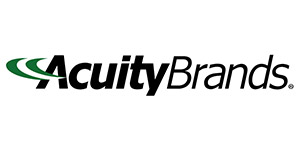
CertainTeed (Saint-Gobain)
CertainTeed, a subsidiary of Saint-Gobain, has long been at the forefront of sustainability and energy efficiency. Through their participation in the Better Plants program, they focus on optimizing manufacturing processes, reducing environmental impact, and promoting sustainable building solutions.
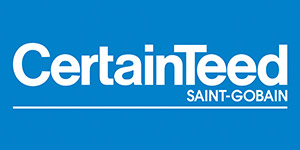
Saint-Gobain Corporation received a 2025 Better Practice Award from U.S. Department of Energy during the Better Buildings, Better Plants Summit. Read More Here.
Owens Corning
Owens Corning consistently integrates sustainability into its operations. Their involvement with the Better Plants program reinforces their dedication to reducing energy use and greenhouse gas emissions. By leveraging DOE resources, Owens Corning continues to achieve substantial efficiency gains.
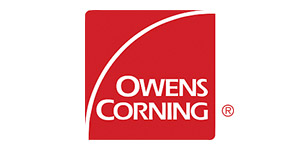
Vitro Architectural Glass
Vitro Architectural Glass participates actively in the Better Plants program, demonstrating strong leadership in environmental stewardship. They focus on enhancing the energy efficiency of their manufacturing processes and consistently develop innovative products that support sustainable construction.
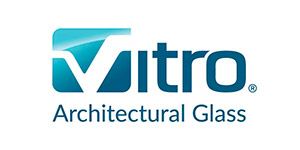
Imerys and Siemens: Associate Member Contributions
GMIC associate members Imerys and Siemens also contribute significantly to the industry’s energy efficiency goals through their participation in Better Plants. Imerys, a global leader in mineral-based specialty solutions, works rigorously to improve sustainability in their supply chain and manufacturing practices. Siemens, renowned for innovative technology solutions, collaborates closely with the DOE to enhance energy efficiency through advanced digital and automation solutions.
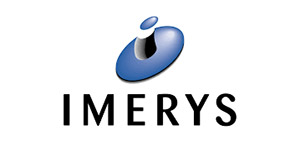
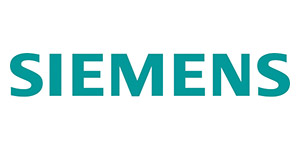
Broad Industry Benefits
The collaborative nature of the Better Plants program provides manufacturers with unique opportunities to share best practices and innovative approaches. By collectively reducing energy intensity, participants significantly lower operational costs, reduce environmental impacts, and position their businesses as sustainability leaders.
Looking Ahead: Industry-wide Opportunities
Even organizations outside the program can benefit from the pioneering efforts of Better Plants participants. Industry-wide adoption of demonstrated best practices can elevate sustainability across the glass manufacturing sector, reinforcing the industry’s role in a more sustainable, energy-efficient future.
Conclusion
The DOE Better Plants Program exemplifies effective collaboration between government and industry, driving substantial energy efficiency improvements. GMIC proudly highlights our members’ active participation and achievements, underscoring their crucial roles in advancing industry-wide sustainability goals.
 JOIN GMIC
JOIN GMIC